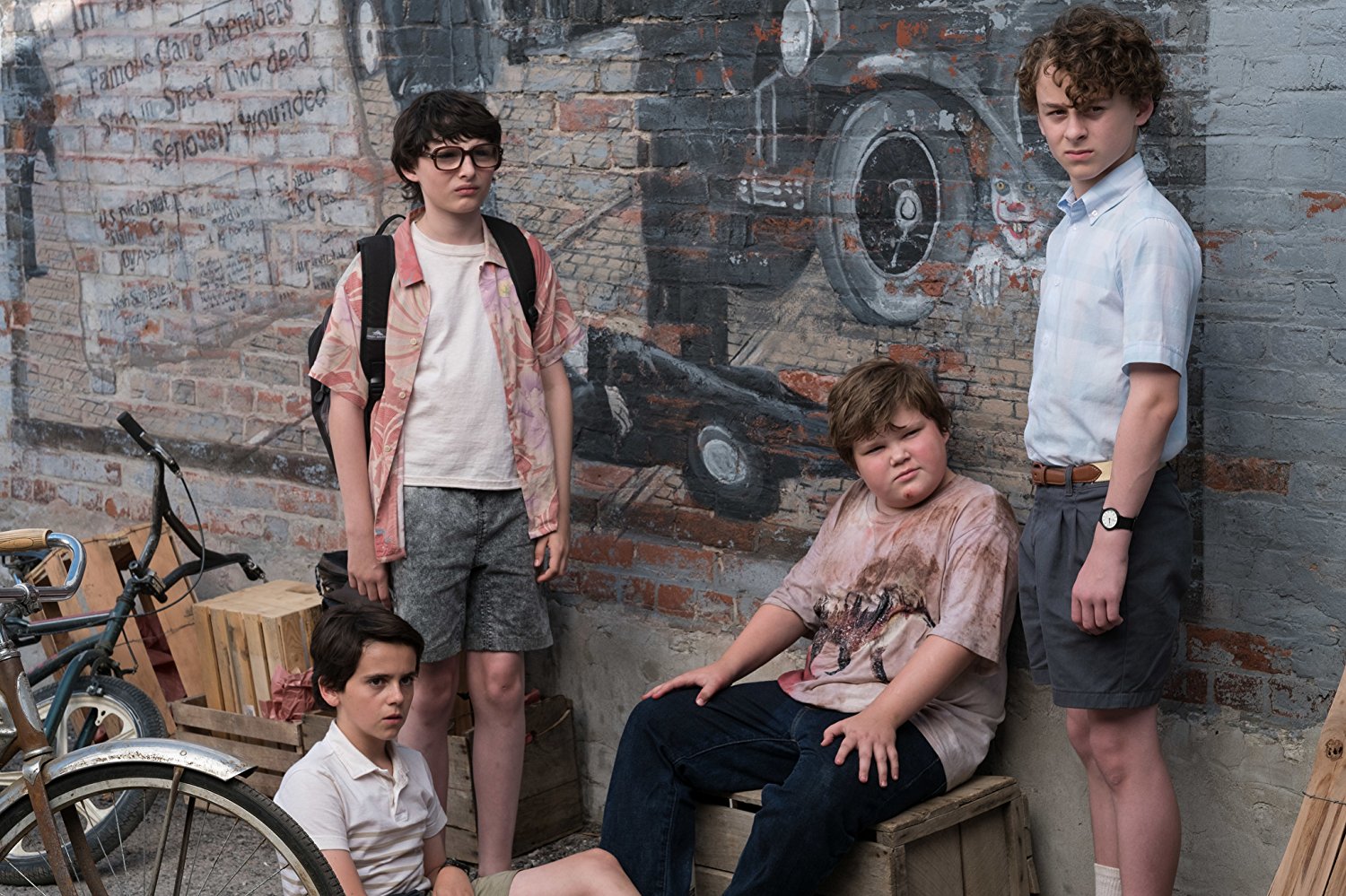
OCD and Fear
I have struggled with bouts of OCD since my teenage years. When I first began to experience intrusive thoughts, terrified, I tried to run from them. To relieve the anxiety, I engaged in compulsions, repetitive activities that feel like control without actually being control. And so I purged my belongings, obsessively washed my hands, and compulsively confessed real and imagined sins. And I tried so hard my brain hurt not to think my intrusive thoughts. But the harder I tried, the more they tortured me. I was willing myself to do the impossible.
Years later, I began to study about how OCD works. I read the book Obsessive-Compulsive Disorders: A Complete Guide to Getting Well and Staying Well by Fred Penzel and discovered that the exact wrong thing to do when it comes to OCD is to try to run away from the intrusive thoughts. That just gives them more power. Instead, you should counterintuitively lean into the intrusive thoughts. You should look in the mirror and say the scariest thing in your head until it begins to lose its power over you. You should write out your fearful thoughts and read them aloud. You should return the dare of fear and thereby disarm it.
So I’ve practiced and practiced again. When I’ve said my fears to myself in the bathroom mirror, I’ve ended up laughing because suddenly they sound so ludicrous.
But despite all the years of reading and studying, when I have a bad bout of OCD, I always initially forget what I have learned. Intrusive thoughts have a knack of surfacing the sufferer’s deepest fears and the things we despise most. They prey on our scrupulosity and conscience, trying to convince us we are monsters. And they are utterly convincing. When this happens to me, I try to run away from my thoughts until it dawns on me that I’m doing the same old thing again, and I need to lean into the anxiety … again. If there is a mercy, it is that when I get down, I don’t stay down as long now. I have more tools in my tool chest now.
Exposure Therapy and Horror Films
I’ve begun to think that my fear of actually safe experiences, such as watching scary movies or riding roller coasters, comes from my anxiety and OCD. OCD is fundamentally about control. I fear what I cannot control.
But my sense of danger is out of proportion to the actual danger involved (almost none). If Penzel’s therapy (known as “exposure therapy”) is the correct approach, maybe I should be more willing to engage experiences that frighten me but don’t pose actual danger. Maybe I am giving my fear of those things too much power.
As the horror film genre has begun to have a bit of a cultural moment, I’ve been feeling an impetus to lean into my fear of frightening films. Not torture porn, of course. I will never watch movies that show the torture of human beings for kicks and giggles. But more substantive horror films that engage with big themes and that emphasize the triumph of good over evil.
Growing up as a fundamentalist, horror was considered, as an entire genre, to be of the devil. Religious people’s suspicion and animosity to the genre can be understood to some extent, considering that there is a lot of sensationalization of evil within it–or so I am told. But as I listen to smart Christians like director Scott Derrickson talk about the genre, I realize that when done well it can say a lot to us. It can reveal the reality of the transcendent realm (including the afterlife, God, and the devil), convey the fierce battle between good and evil, and help us express a deep human emotion that is often hard to access–fear.
In the past year or so, I have found myself more and more fascinated with the genre, and its potential to do good. I’ve always liked thrillers and some creature features, which are considered subgenres of horror, though they don’t tend to be what we think of when we hear the word horror. I watched the classic battle between God and the devil The Exorcist (less scary than reported due to hokey special effects) and the socially conscious film Get Out. Notably, I watched them on small screens. This was an effort to experience the films but in a controlled fashion. And it was still valuable film watching. But I could go further to face my fear.
I’d been hearing good things about the film It. Reviews from people I trust were excellent, and it was clear it was about more than titillating people with sensationalized violence. But I was also scared to see it. Part of that might be my old fundamentalist assumptions hanging on about all horror. Part of it might be the sense that I wouldn’t be able to handle it (even though I regularly watch films and television shows with graphic violence).
I convinced a friend to go with me. As the film began, I felt my greasy lunch swirling around in my stomach. I was nauseous and my heart was beating fast. Maybe I’d made a mistake. Maybe I couldn’t handle it. Maybe I should leave. Maybe I was going to throw up.












